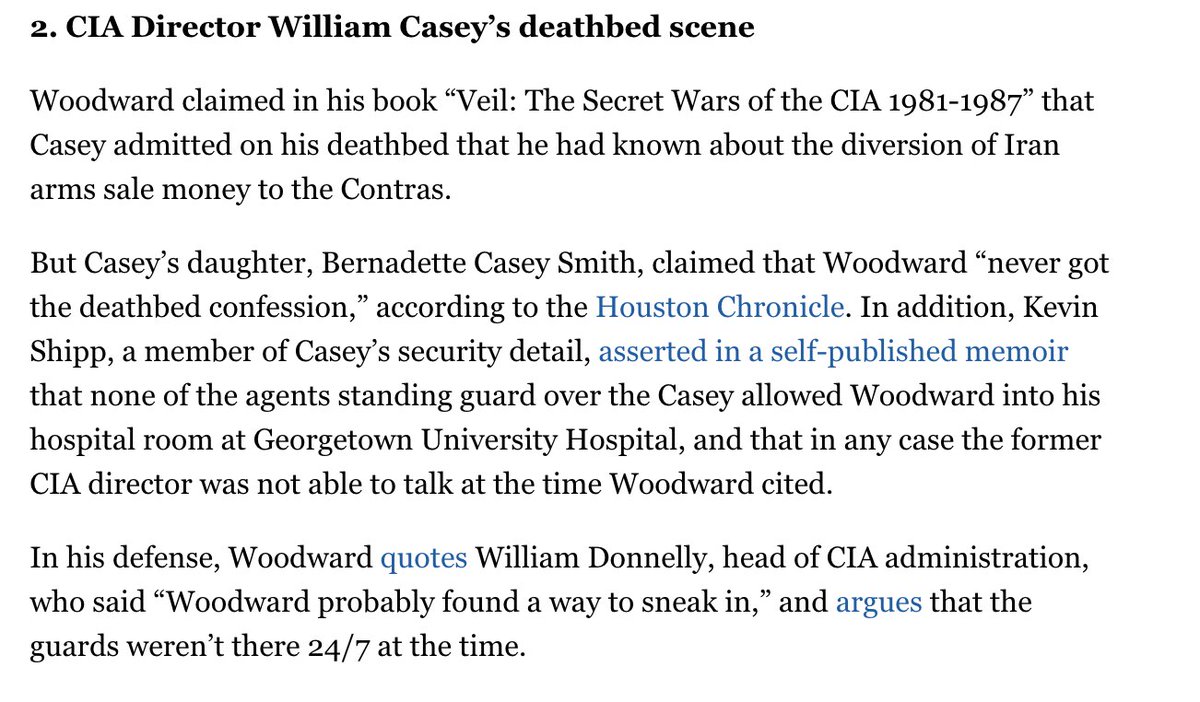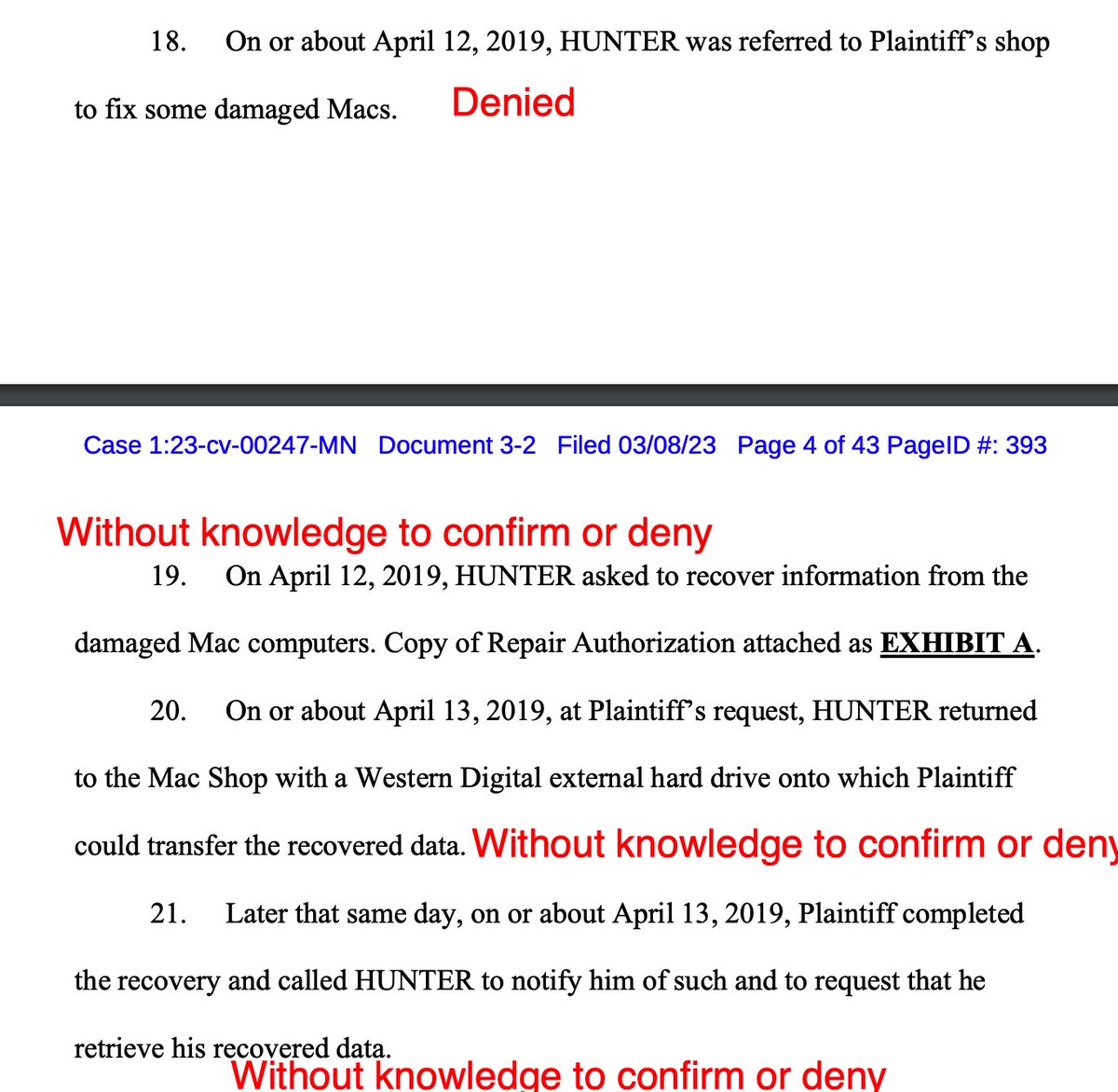This goes rather too far for me (it depends on the author!) but I do think the value-added from good reported political books is more often about added detail, depth, context, and an eye toward posterity rather than scoops
https://twitter.com/mattyglesias/status/1437908550467063810
I have no idea what the "scoops" were in Woodward's "Obama's Wars" at this point but I referred back to it recently because it's a detailed, meeting-by-meeting reconstruction of the policy process that simply couldn't be done in ordinary reporting
vox.com/2021/8/18/2262…
vox.com/2021/8/18/2262…
But I do tend to be more skeptical of the headline-grabbing, big scoops that get spotlighted to sell the books.
George Tenet had a strong case that "Plan of Attack" exaggerated the significance of the "slam dunk" comment in convincing Bush to go to war newyorker.com/magazine/2007/…

George Tenet had a strong case that "Plan of Attack" exaggerated the significance of the "slam dunk" comment in convincing Bush to go to war newyorker.com/magazine/2007/…


I also had some questions about the public presentation of Trump's Covid comments to Woodward — that they prove "he knew the truth."
A fuller look at his comments shows Trump was saying a lot of contradictory and semi-coherent things to Woodward, like he was saying in public.
A fuller look at his comments shows Trump was saying a lot of contradictory and semi-coherent things to Woodward, like he was saying in public.

Bill Casey's alleged deathbed confession was before my time so I don't have a strong view of what happened there but including it for completion: politico.com/story/2012/04/… 

And of course all these books have to be viewed with skepticism about sourcing, and especially the heroic self-presentation of the sources that tends to be included. 

I don't yet have the book but I am certainly curious whether all this context is included, which makes the reality seem somewhat different from the summaries we've gotten so far: axios.com/mark-milley-wo… 



• • •
Missing some Tweet in this thread? You can try to
force a refresh





















